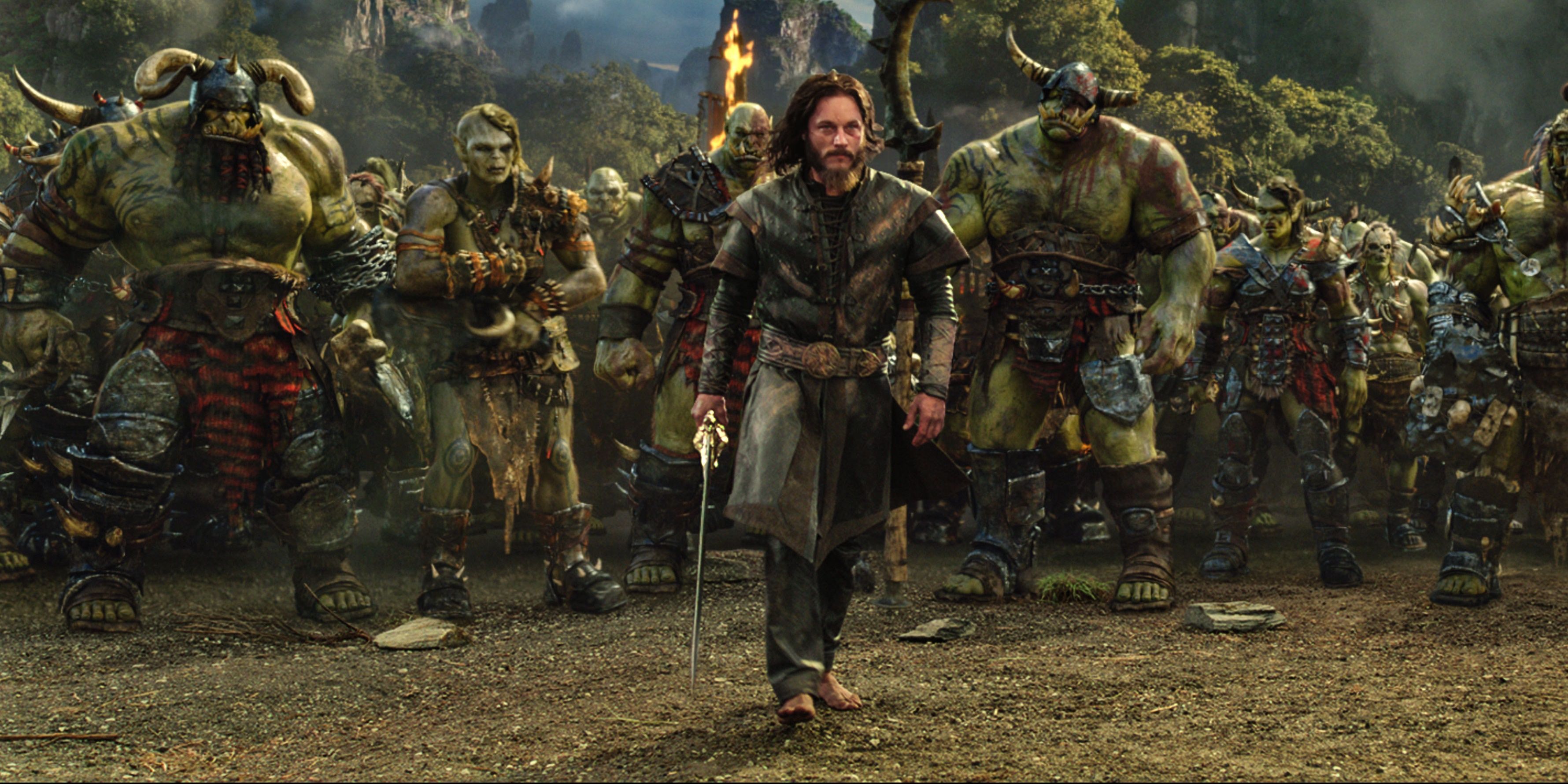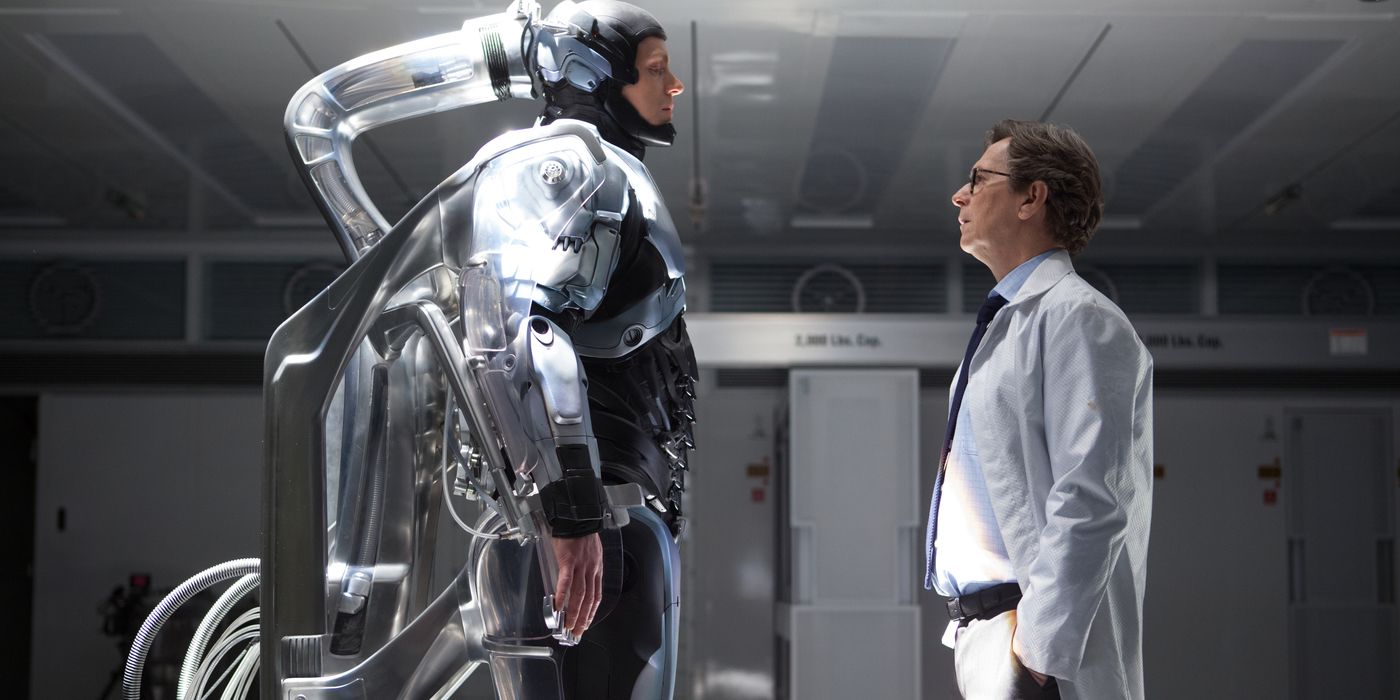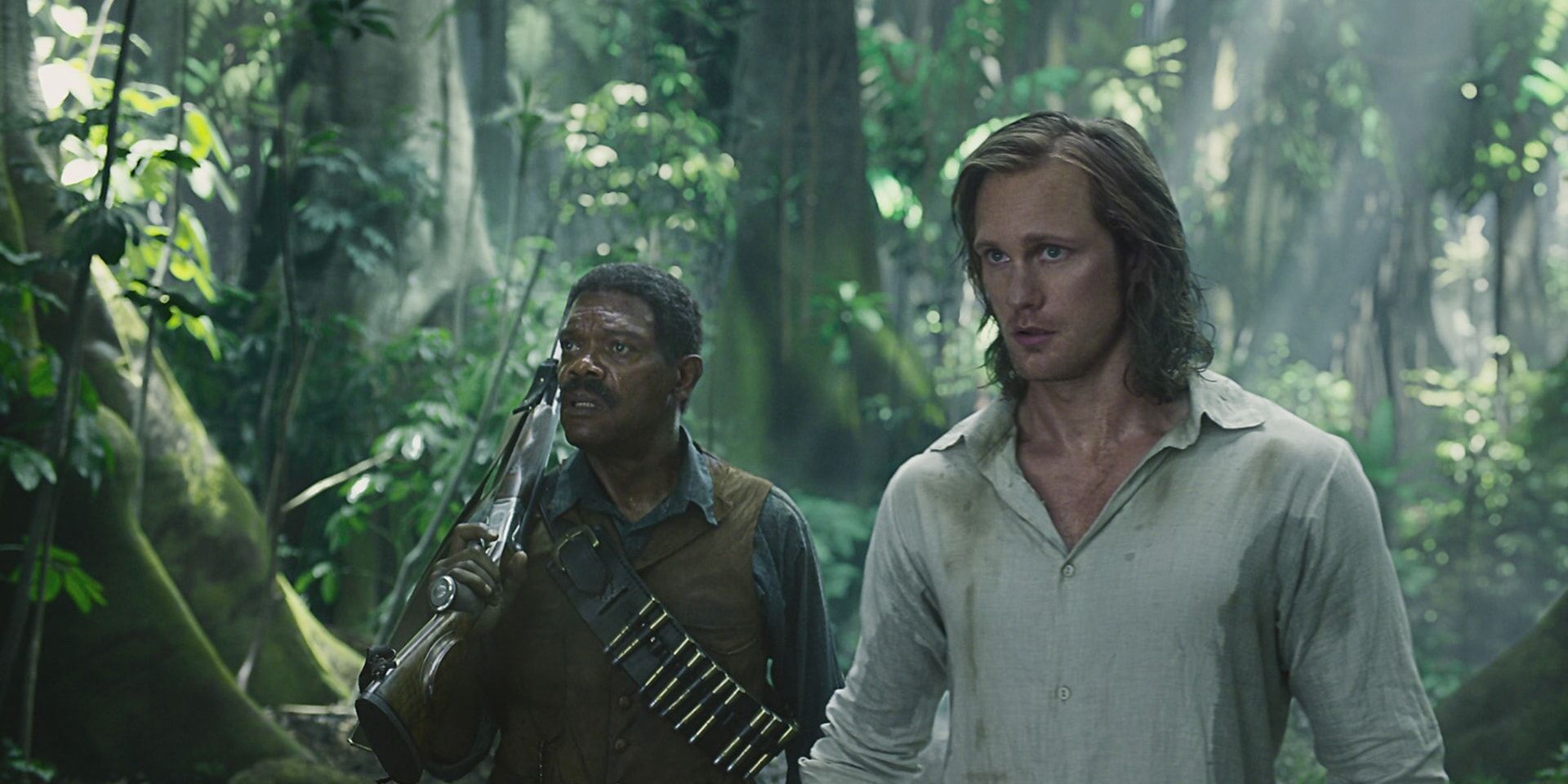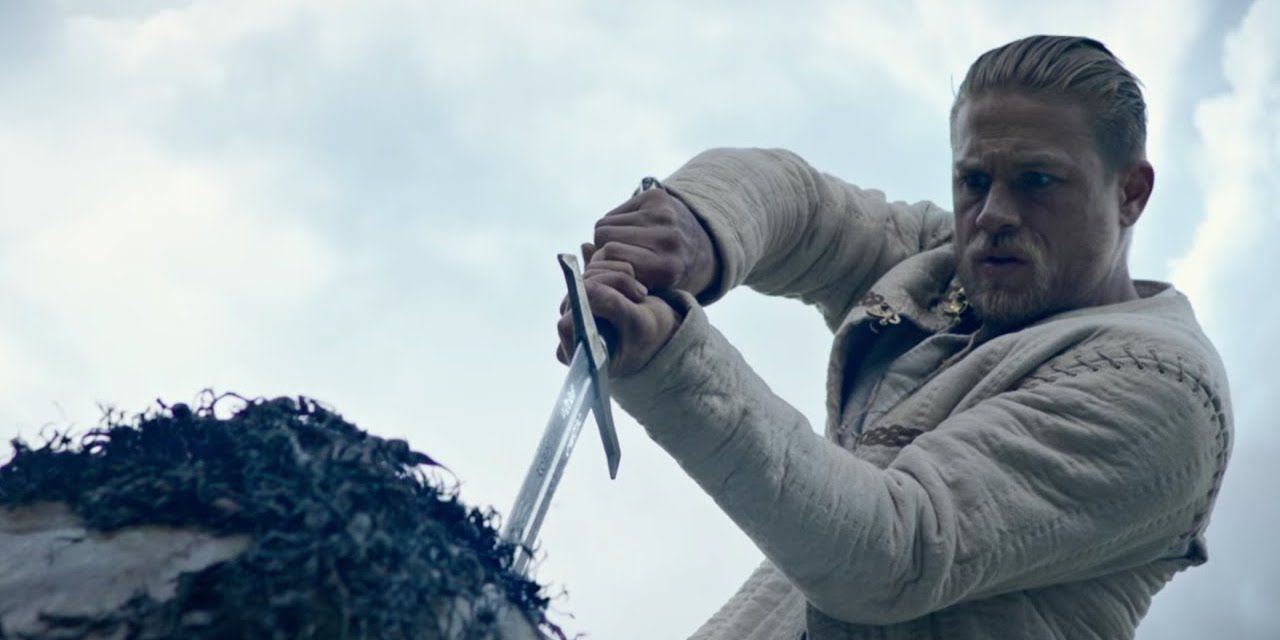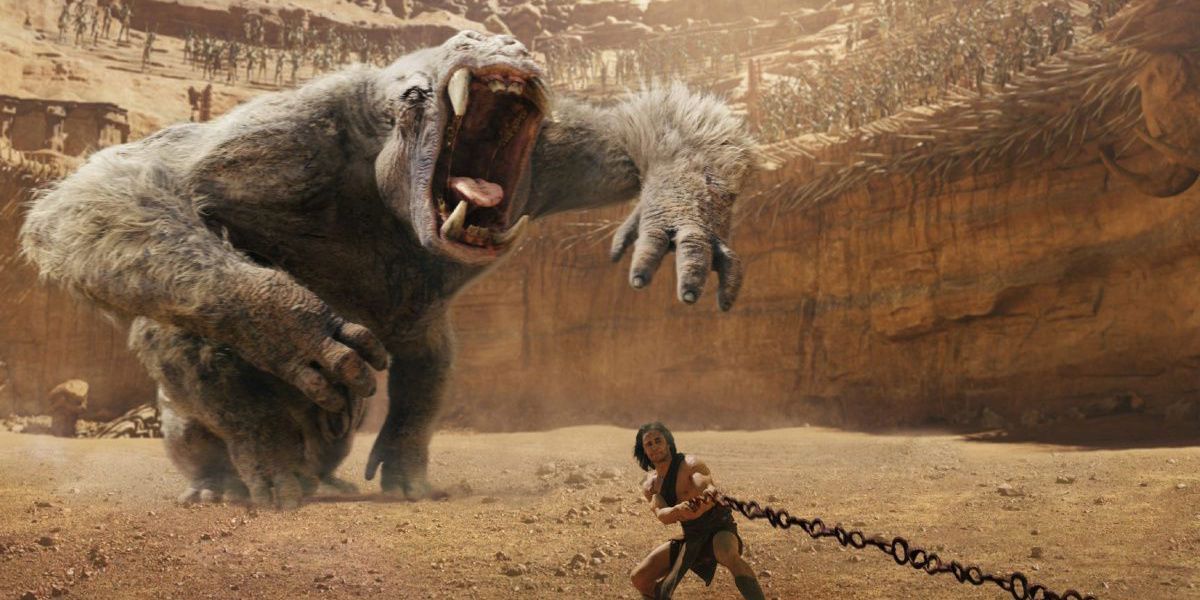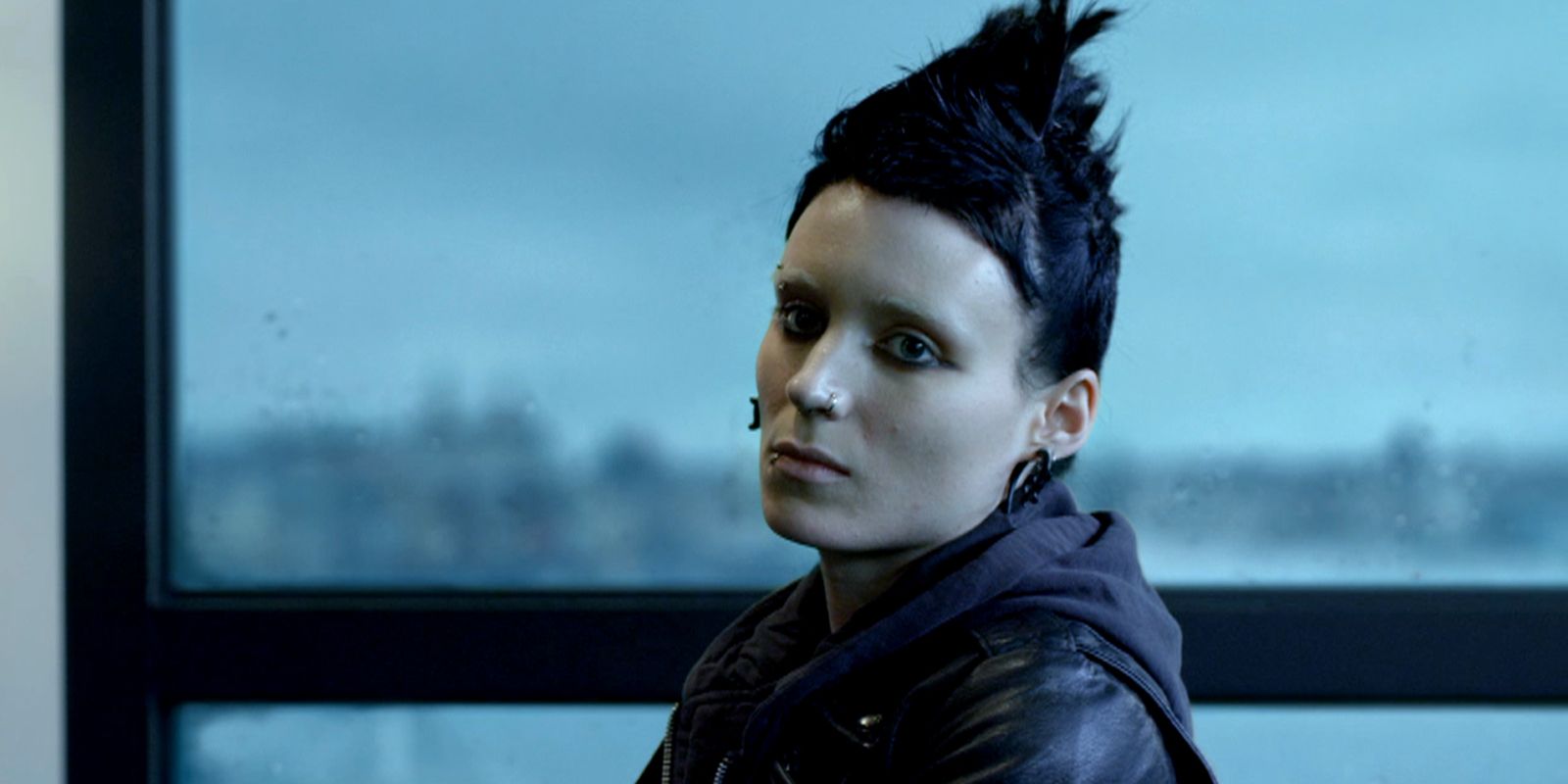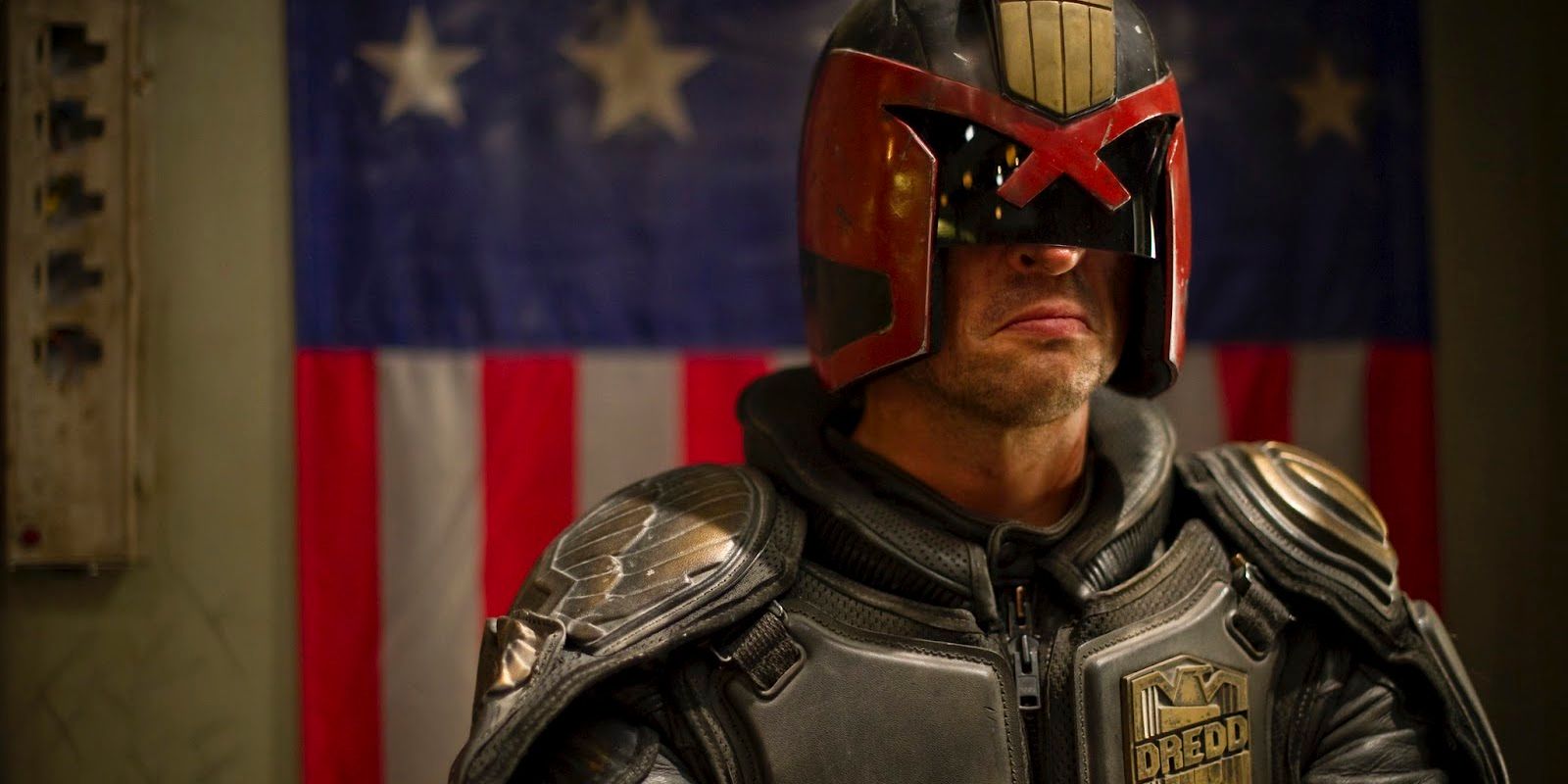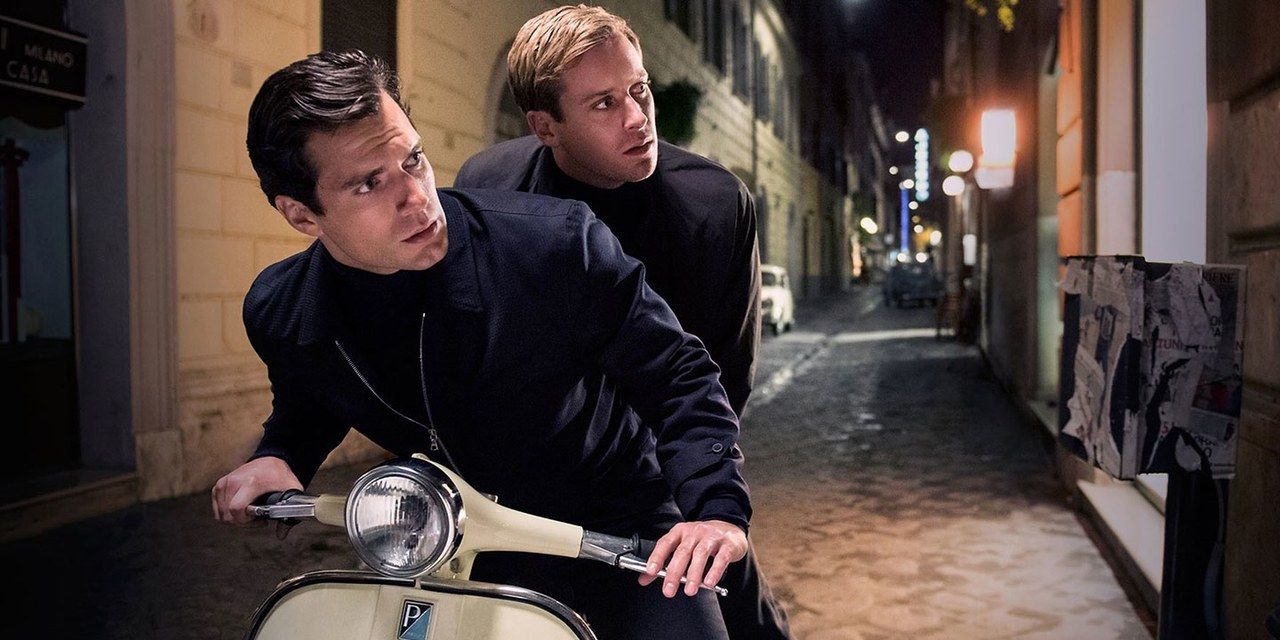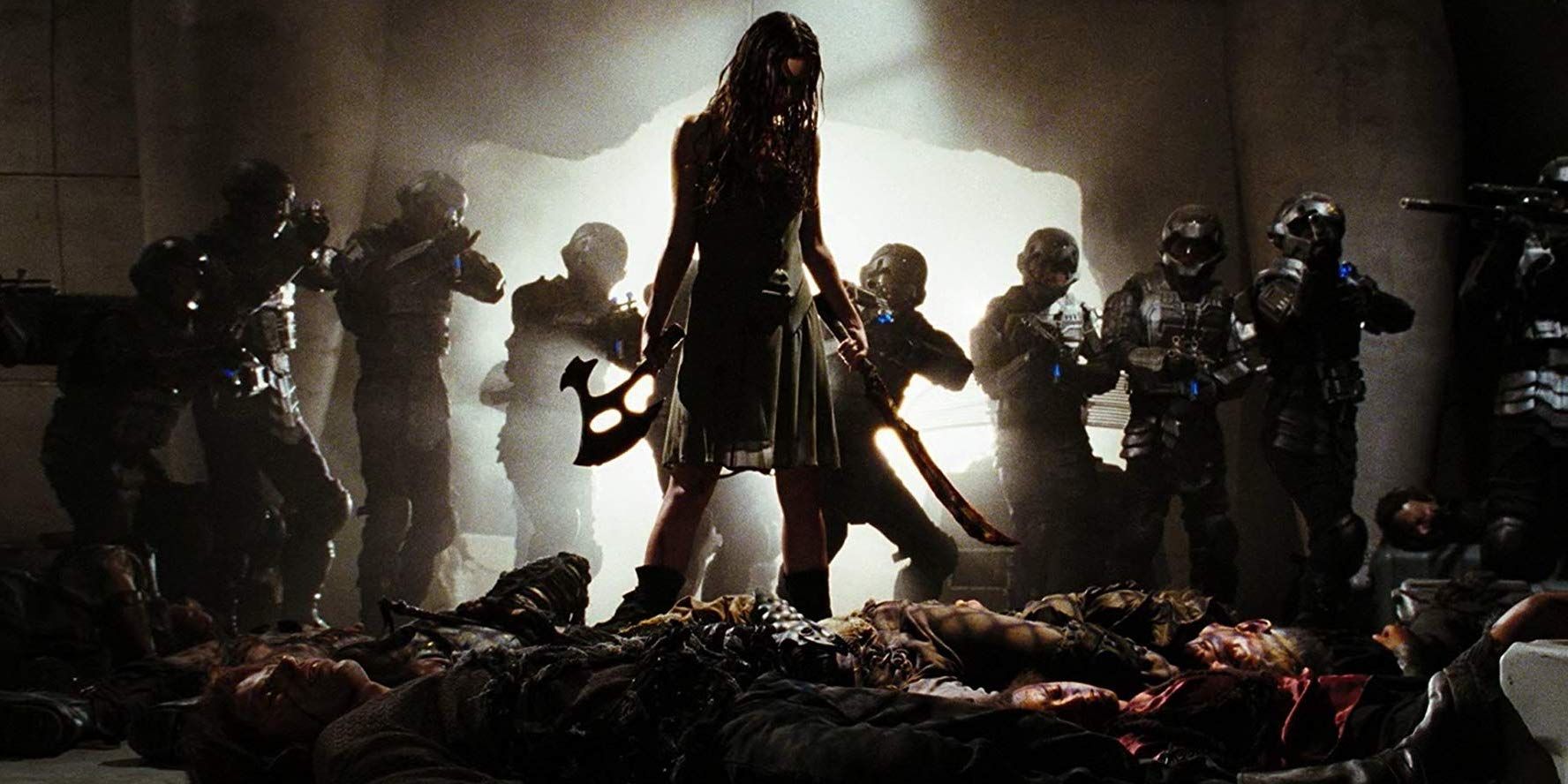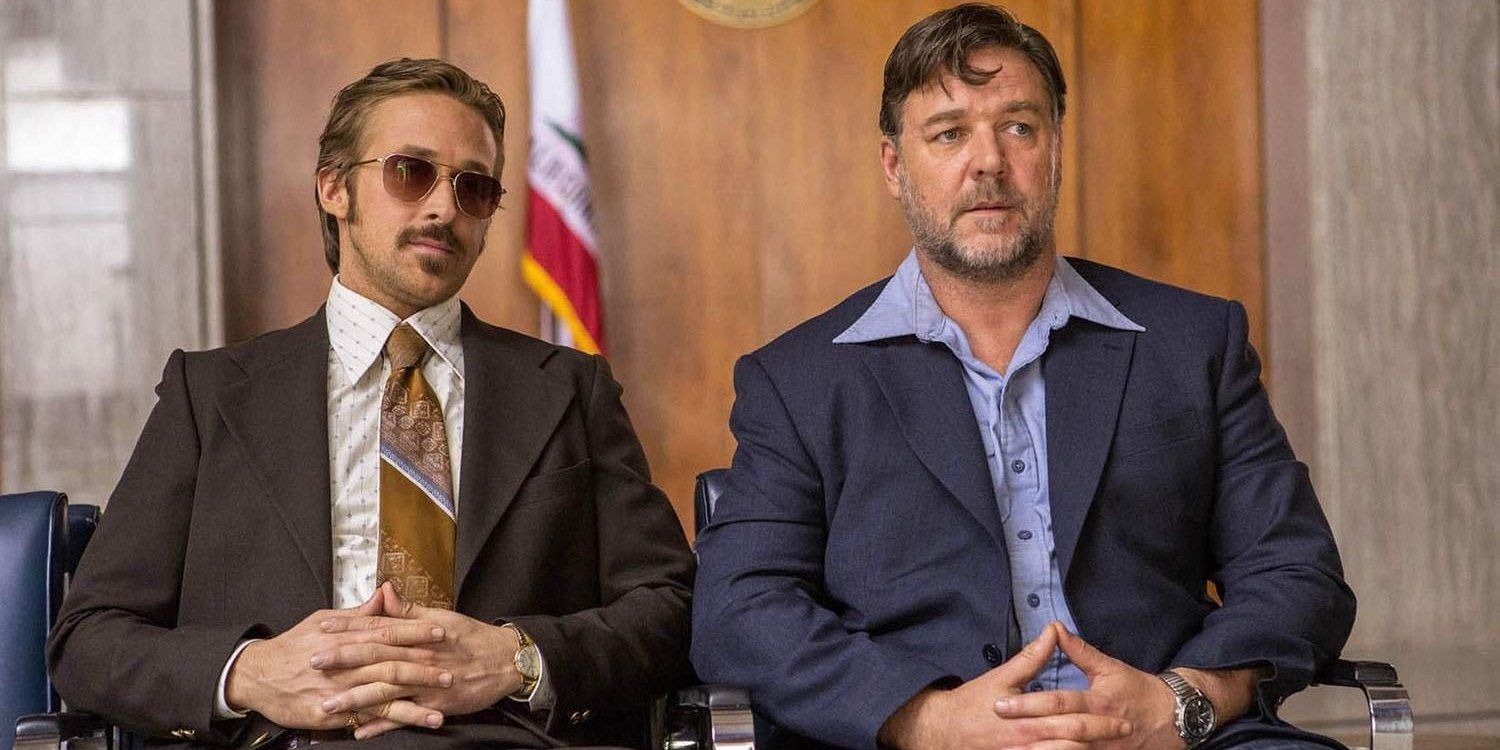Not every movie deserves a sequel. Not every movie needs one. But, in a world where box office information is more devoutly cataloged and pored over than ever before, it can be easy to forget that movie fans have no responsibility to support franchisable movies just because they make money and no reason not to support them because they don’t. Bad movies make money every day. Fans should ask for what they want, not what the numbers tell them to want.
In the spirit of this, here are ten movies that didn’t meet the standards for sequelhood but deserve it more than most.
Warcraft
Duncan Jones’ first stab at a cinematic adaptation of the religiously popular game World of Warcraft made money at the global box office, in no small part due to the immense success of the brand in China. But its disappointing returns in the North American market have cast fatalistic doubts over its viability as a franchise.
While it’s true that Warcraft is so packed with information that it feels like an entire season of a TV show crammed into the standard running time of a feature film, Jones injects a lot of classical dramatic emotion into an epic story that could have easily just been a parade of fan service.
RoboCop (2014)
Similar to Warcraft, José Padilha’s reboot of the iconic science-fiction franchise focused on giving its so-called ‘Tin Man’ something very unexpected, and something uniquely rewarding, for that – or any other – type of movie: heart.
With the recent departure of director Neill Blomkamp from the proposed second reboot, things are a little more up in the air than they once were. While you can feel the studio control fighting against the most interesting parts of Padilha’s movie, those parts are still there and they form as solid a jumping-off point as you could hope for for a new version of the character.
The Legend of Tarzan
David Yates’ take on Edgar Rice Burroughs’ vine-swinging hero is refreshing for a number of reasons. While the stance that The Legend of Tarzan comes – at the very least – perilously close to the White Savior complex cannot be argued with, the movie engages with the history of colonialism and the slave trade in Africa in a way that most period adventure movies simply don’t. Weaving them into the heart of the story rather than treating them like background details.
Yates’ movie sits in the awkward grey area of box office results, being neither a financial flop nor a success. But, from a creative standpoint, it’s unlikely that anyone could come up with a better interpretation of the character for modern audiences. Or a better actor for the role than Alexander Skarsgård.
King Arthur: Legend of the Sword
Guy Ritchie’s thoroughly bizarre take on the archetypal hero was, famously, intended to be the first in a six-movie saga built on Arthurian legend before it lost somewhere in the region of $150 million for Warner Bros. While a frustrating movie in so many ways, King Arthur: Legend of the Sword possesses a number of captivating ideas and some of Ritchie’s best idiosyncrasies.
It’s certainly not without its fans, currently sitting at a healthy 6.8 on IMDb, and, like Tarzan, it’s very possible that any movie bearing the well-worn title would have had the same uphill box office struggle. Could cult status one day save the bones of what they were working with?
John Carter
Another modern adaptation of a popular Edgar Rice Burroughs character, Disney’s John Carter had an epic journey to make it to the big screen. But it sadly became one of the monumental financial losses that the company suffered before fully kicking into its remake mode.
Though its lack of major stars and a complex plot made it an undeniable risk, it was precisely the kind of risk that movie lovers ask for more of rather than less. Key figures have expressed a perpetual willingness to return to the project and, in the age of streaming, the idea of director Andrew Stanton dusting of his plans for Gods of Mars doesn’t seem as far-fetched as it once did.
The Girl with the Dragon Tattoo (2011)
The idea of a Hollywood remake of a dark foreign-language thriller – more often than not – strikes fear into the hearts of movie lovers. You don’t have to go digging for examples of watered-down calamities. But director David Fincher is not one to pull punches and his adaptation of Stieg Larsson’s international hit was every bit as fearless as the original Swedish movie, if not more so.
Things looked positive for Fincher’s plan to shoot the next two entries in Larsson’s trilogy back-to-back as far as 2014. But, while Dragon Tattoo did well, it clearly didn’t do what producers were hoping and reboot plans were floated by the end of 2015. So few people saw that eventual reboot, based on David Lagercrantz’s The Girl in the Spider’s Web, that Fincher and his cast could probably return to the original novels without anyone batting an eye.
Dredd
It’s not difficult to see how Dredd both failed at the box office and instantly found status as a cult classic. It’s hugely ambitious in some ways and minutely scaled in others. It’s gratuitously, graphically, violent but not in a way that’s intended to conventionally satisfying. You never see the main character’s face and you’re entirely meant to question whether they’re a protagonist or an antagonist. It’s an anomaly of a movie that feels miraculous for existing at all.
Relentless demand for a sequel has been met with a consistent wall of skepticism by most of those involved but rumblings of a TV series continue to grow. With all that the movie overcame just to be made, you can’t help but wonder what a sequel with surer footing could accomplish.
The Man from U.N.C.L.E.
Another recent Guy Ritchie movie, but much less muddled and much more just flat out underappreciated than King Arthur: Legend of the Sword. 2015’s The Man from U.N.C.L.E. possesses a flawless sense of style and an impeccable sense of timing. Action comedies that focus more on their comedy than their action have had little foothold in recent box office tallies but the chemistry found in the movie’s cast is something too special to just let go of.
With the billion-dollar success of his Aladdin remake buoying progress in a decade-long wait for a Sherlock Holmes threequel, maybe fans could return to Ritchie’s spy world one day.
Serenity (2005)
At the end of Buffy, but long before The Avengers, Joss Whedon forged another devout fanbase in a kind of stepping stone between the two. At first, it was a TV show – called Firefly – that got canceled after only one season. But Whedon held onto the idea and, against all odds, bade farewell to the story and characters of the show in a wide-release feature film.
2005’s Serenity still stands as the purest representation of Whedon’s appeal to audiences. Funny, dorky, theatrical, sincere, exciting, philosophical. Whedon’s band of space outlaws fit together in a very special way, elevated by Chiwetel Ejiofor’s magnificent villain. The passage of time could be the greatest ally in the hope for a sequel, affording the opportunity to give the story the differences from the original show that it would need to find a new, wider, audience.
The Nice Guys
Shane Black’s 70s-set neo-noir comedy, like many movies on this list, struggled to make back its own budget at the box office but accomplished the greatest goal a movie like that could. It made unforgettable characters. It didn’t adapt or reimagine them, it made them. Leads Ryan Gosling and Russell Crowe demonstrated a brilliant compatibility with both each other and Black’s dark sense of humor.
The screenplay, written by Black and Anthony Bagarozzi, is up there with some of the most perfectly structured comedy, and detective, scripts of all time. It’s a movie that obsessive rewatching only reveals more and more detail within. A wait between the original and sequel could, again, work in its favor. Bring back its central players, set it in the 80s, include Black’s longtime cohort Robert Downey Jr. and things could really start to cook.


